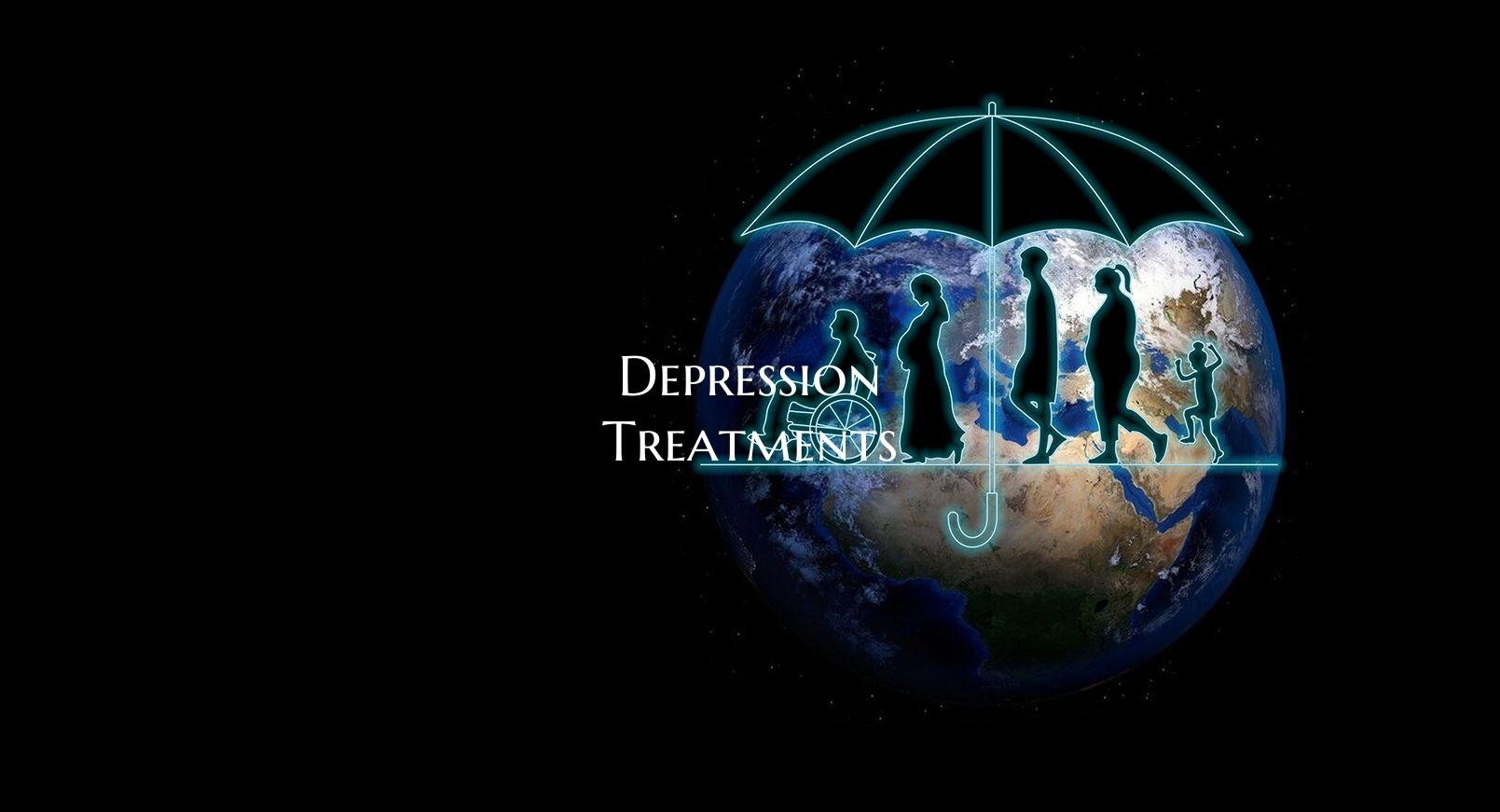
Depression Treatments
Depression is a common but serious mental health condition that can significantly impact a person's quality of life. Fortunately, there are several effective treatment options available for individuals struggling with depression. These treatments can help manage symptoms, improve overall well-being, and enhance everyday functioning. Here are some of the most common and proven strategies for treating depression:
1. Therapy/Counseling: Psychotherapy, such as cognitive behavioral therapy (CBT) or interpersonal therapy, is a key treatment for depression. Through therapy sessions, individuals can explore and address underlying issues, learn coping mechanisms, and develop healthier thought patterns and behaviors.
2. Medication: Antidepressant medications, such as selective serotonin reuptake inhibitors (SSRIs) or serotonin-norepinephrine reuptake inhibitors (SNRIs), are often prescribed to help regulate brain chemicals and alleviate depressive symptoms. It is essential to consult a healthcare provider before starting any medication, as they can help determine the right type and dosage.
3. Lifestyle Changes: Engaging in regular exercise, maintaining a balanced diet, getting an adequate amount of sleep, and avoiding alcohol and drugs can significantly impact one's mood and overall well-being. These lifestyle changes can complement other treatments for depression.
4. Mindfulness and Meditation: Practices like mindfulness and meditation can help individuals develop self-awareness, manage stress, and cultivate a sense of peace and relaxation. These techniques are often used in conjunction with therapy and medication to enhance treatment outcomes.
5. Support Groups: Joining a support group for individuals with depression can provide a sense of community, understanding, and shared experiences. Connecting with others who are going through similar challenges can offer valuable emotional support and encouragement.
6. Alternative Therapies: Some individuals find relief from depression symptoms through alternative therapies such as acupuncture, yoga, art therapy, or massage therapy. While these treatments may not be standalone solutions, they can be beneficial as part of a holistic approach to managing depression.
It is essential for individuals experiencing depression to seek help from mental health professionals, such as therapists, psychiatrists, or counselors, to receive an accurate diagnosis and appropriate treatment plan. With the right combination of treatments, support, and self-care strategies, individuals can effectively manage their depression and work towards a healthier and more fulfilling life.